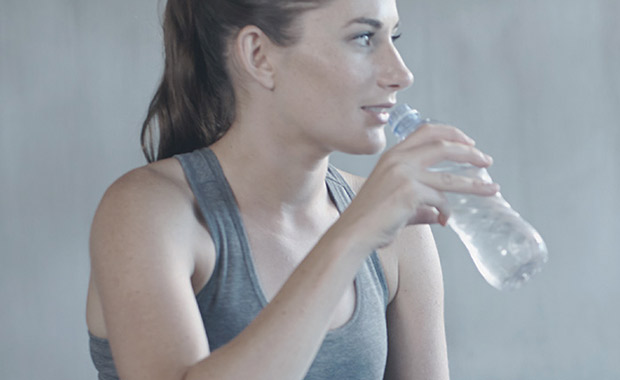
A general misconception during the postnatal period is that the body is back to its prenatal capacity for exercise after six weeks. However throughout the extended postnatal period it is important to gradually reintroduce activity under the guidance of your doctor or physiotherapist.
After the birth of your child you may start thinking of return to sport or exercise. Return to sport will depend on many individual factors relating to the type of birth you had, how your body is feeling and your pre-natal fitness.
During pregnancy there are many changes that your body goes through to accommodate a growing foetus. As everyone is unique, the return to sport after having a baby is dependent on your joints, muscle strength and fitness.
With post natal exercise, it is important to first focus on your deep muscle recovery and gradual return to fitness. As a general rule, returning to impact sports should be held off for at least 16 weeks post birth and often even up to 6 months depending on the joints of the pelvis and your pelvic floor muscles. Returning earlier than this may increase the likelihood of back pain, incontinence or pelvic organ prolapse.
Initially it is best to focus on your foundations, such as gentle core and pelvic floor exercises, which will put you in good stead for return to sport. Appropriate core type exercises include basic Pilates style exercises and pelvic floor muscle training. Avoid exercises like sit-ups, which can put undue pressure throughout the pelvic floor and abdominal muscles.
A great way to start to get back into fitness is with gentle walking. Most of the time you can start this relatively early on and slowly build up the time and intensity of your walk. There are often other types of rehabilitation exercises that can assist with protecting your pelvic joints that your physiotherapist or exercise physiologist can prescribe for your individual needs. This can assist with your return to sport.
Return to running
Before returning to impact sports, such as running, it’s a good idea to have a postnatal assessment with a pelvic floor physiotherapist to assess your abdomen, pelvic floor muscles and pelvic joints. Based on this assessment, a progressive plan to return to sport can be made to ensure you minimise the risk of incontinence, prolapse and pain.
As your body has gone through significant changes during pregnancy, a running assessment can also be beneficial to ensure that your technique and running efficiency are good and that risk of injury is minimised. See our ‘Running Injury Prevention’ blog for more information.


